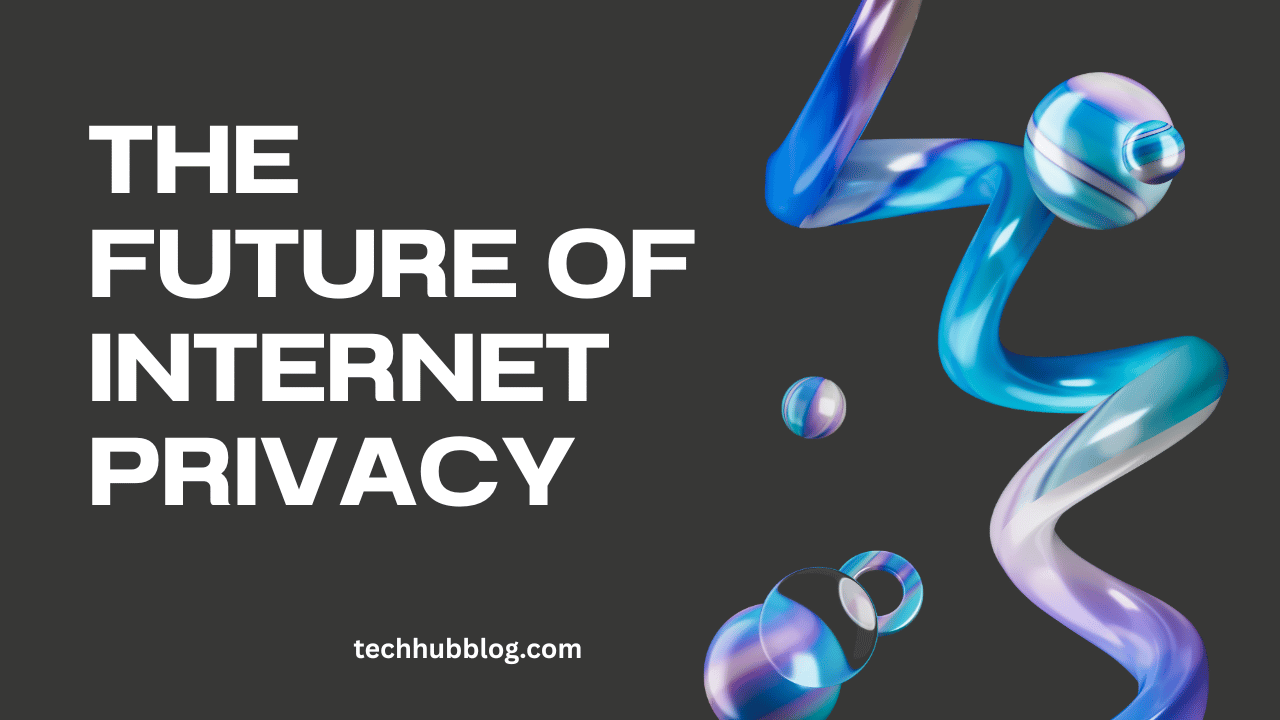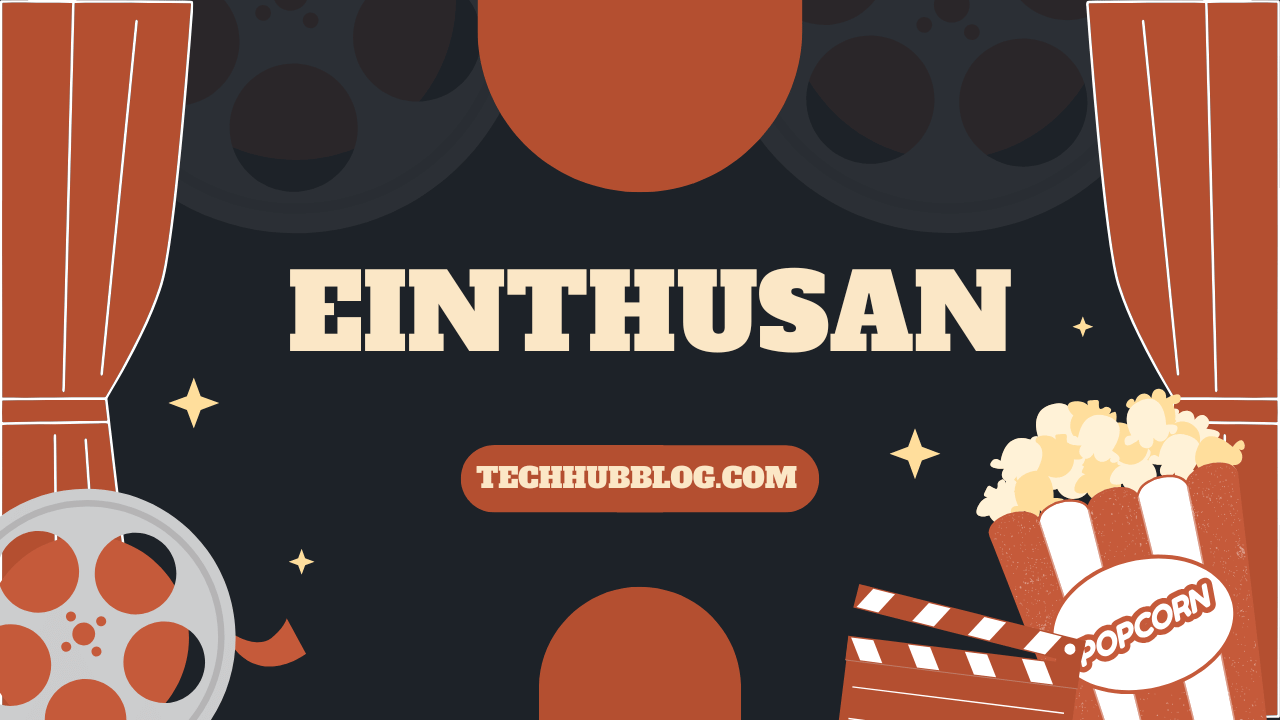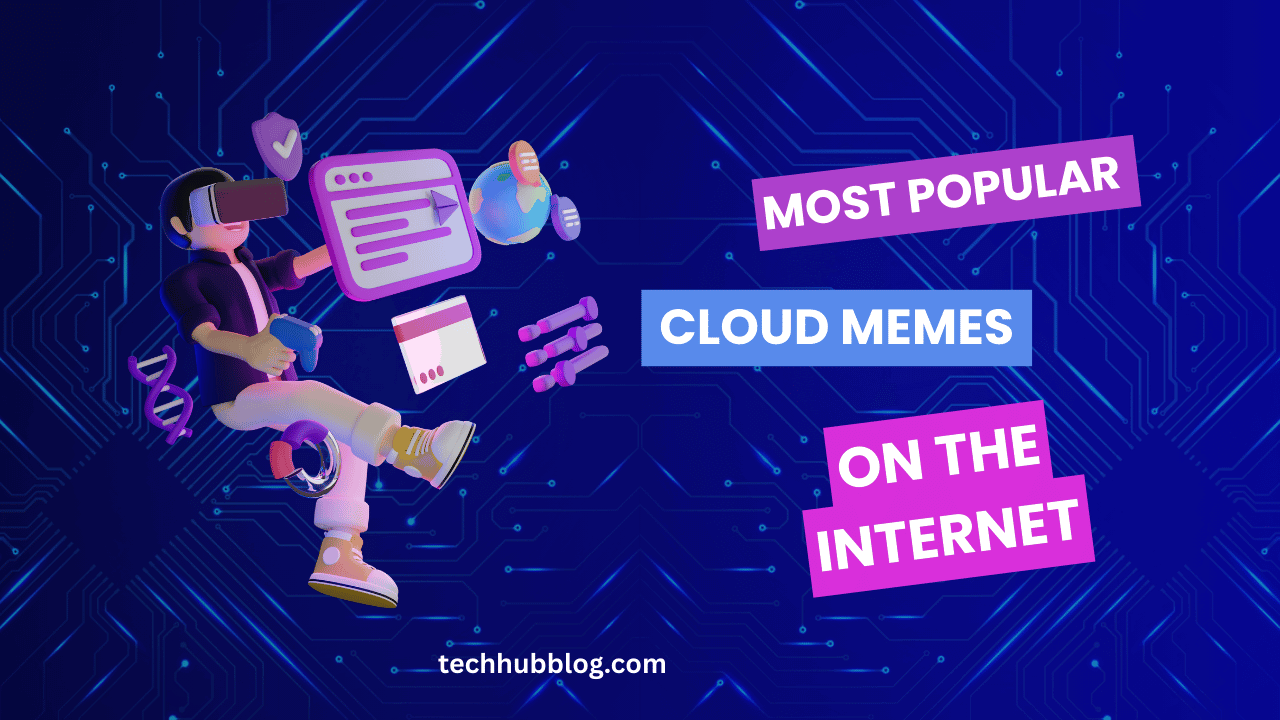The Future of Internet Privacy: How Web3 Can Give You Control

As digital technologies evolve, so do concerns about internet privacy. The rise of centralized platforms has led to mass data collection, surveillance, and privacy breaches. However, Web3, the next generation of the internet built on blockchain technology, promises to give users more control over their data and digital identities. This article explores how Web3 is reshaping internet privacy and empowering individuals to reclaim their online autonomy.
Understanding Web3 and Its Impact on Privacy
Web3 refers to a decentralized version of the internet powered by blockchain, smart contracts, and decentralized applications (dApps). Unlike Web2, where large corporations control user data, Web3 aims to distribute power across a network of users, ensuring greater transparency and security.
Key Web3 Features Enhancing Internet Privacy
-
Decentralization:
- Eliminates reliance on centralized servers that store personal data.
- Users maintain control over their own information through peer-to-peer networks.
-
Blockchain Security:
- Transactions and interactions are recorded on immutable ledgers, reducing the risk of data manipulation.
- Encryption ensures that data remains secure from unauthorized access.
-
Self-Sovereign Identity (SSI):
- Users can authenticate themselves without third-party intermediaries.
- Digital wallets replace traditional login credentials, minimizing data exposure.
-
Smart Contracts:
- Automate agreements and transactions without the need for intermediaries.
- Ensure privacy by enabling anonymous and permissionless interactions.
-
Decentralized Storage Solutions:
- Platforms like IPFS (InterPlanetary File System) distribute data across multiple nodes, making it resistant to hacking and surveillance.
How Web3 Empowers Users to Take Control
-
Ownership of Personal Data:
- In Web3, individuals own their data and decide who can access it.
- Cryptographic keys allow users to control and monetize their own information.
-
Elimination of Data Harvesting:
- Unlike Web2 companies that track user behavior for targeted ads, Web3 limits data collection.
- Users can engage with platforms without surrendering personal information.
-
Greater Anonymity and Security:
- Decentralized finance (DeFi) and anonymous transactions reduce exposure to cyber threats.
- Zero-knowledge proofs enable verification without revealing sensitive data.
Challenges and Considerations
Despite its potential, Web3 faces challenges that could impact its adoption:
- Scalability Issues: Blockchain networks need to handle large volumes of transactions efficiently.
- Regulatory Uncertainty: Governments may impose regulations that affect decentralized platforms.
- User Experience: Mass adoption requires user-friendly interfaces for seamless interaction.
Conclusion
Web3 is set to revolutionize internet privacy by giving individuals more control over their digital presence. With decentralized networks, blockchain security, and user-owned identities, the future of online privacy looks promising. However, challenges remain in adoption and regulation. As Web3 technologies mature, they will play a critical role in shaping a more private, secure, and user-centric internet.



